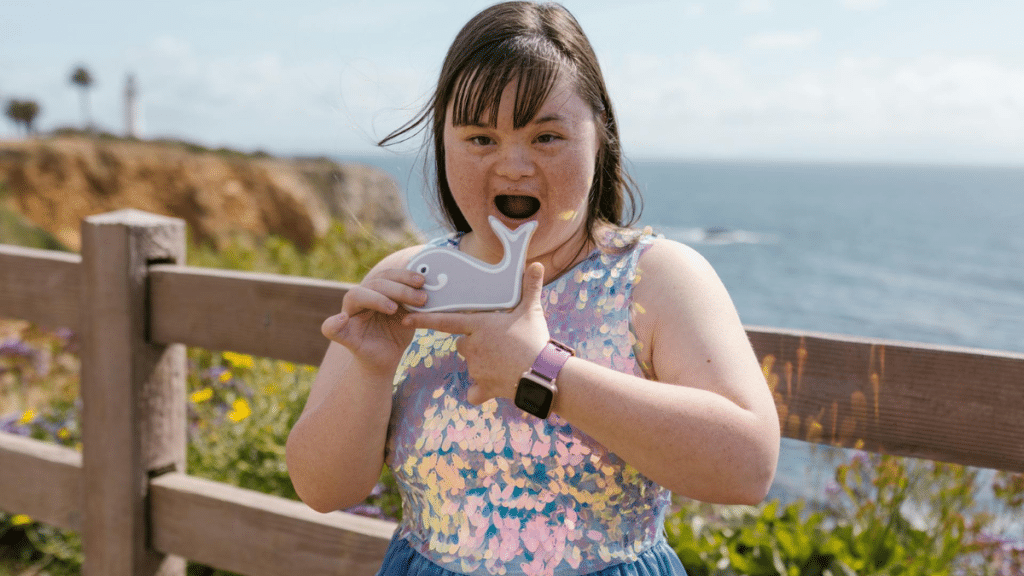When school holidays roll around, many families look forward to a break from the daily routine—but for many NDIS participants and their families, finding the right mix of inclusive, engaging, and accessible activities isn’t always easy.
So if you’re feeling overwhelmed by the thought of holidays—why not contact your support coordinator in Melbourne?There are more options available than you might think, and with their support and guidance, the holidays can transform into a time of connection, creativity, and confidence-building for the whole family.
To get you started, here’s a list of inclusive holiday activities designed to give NDIS participants and their families a truly memorable and enjoyable escape.
Outdoor and Nature-Based Activities
Spending time outdoors can support both physical and emotional well-being, especially when the activities are thoughtfully designed to be inclusive, calming, and easy for everyone to enjoy.
Nature Walks and Sensory Gardens
Many parks around Melbourne feature accessible walking tracks, quiet bushland, and even gardens designed to engage all five senses. Nature-based programs help improve focus, reduce stress, and build a connection with the environment.
Therapeutic Horse Riding
With experienced instructors and calm, well-trained horses, these sessions help build coordination, confidence, and trust. They’re particularly beneficial for participants with sensory needs or who respond well to animal-assisted therapies.
Cultural and Educational Experiences
For curious minds and creative spirits, Melbourne offers plenty of inclusive cultural activities that entertain while encouraging learning and self-expression.
Museum and Gallery Visits
Many of Melbourne’s leading cultural institutions now offer inclusive programs, including quiet sessions, guided tours with Auslan interpretation, and sensory-friendly spaces.
Inclusive Movie Screenings
Several cinemas across Melbourne host relaxed screenings designed to create a more comfortable experience for people who find standard movie settings overwhelming. These sessions often include dimmed lighting, softer sound, and a relaxed environment where movement and vocalisation are welcome.
Creative and Sensory Activities
Hands-on, sensory-based programs are a fantastic way for participants to explore their creativity while engaging with different textures, sounds, and movement in a safe space.
Music and Dance Sessions
Music therapy and inclusive dance sessions are popular for good reason—they’re fun, expressive, and support emotional and physical development.
Art and Craft Workshops
Look out for inclusive workshops that focus on painting, sculpture, or sensory craft, often available through local libraries, art spaces, or NDIS-registered providers.
Social and Community Engagement
These social activities are designed to build confidence by creating meaningful connections, giving participants opportunities to make friends, develop new skills, and feel a genuine sense of belonging.
Holiday Camps
NDIS-friendly school holiday camps offer structured, supervised experiences that promote independence and friendship. They often include a mix of games, outdoor fun, and social activities—all supported by trained staff.
Inclusive Playgroups
Many councils and early childhood organisations now provide inclusive playgroups during school holidays, allowing parents, carers, and children to connect in a friendly and relaxed environment.
Making the Holidays Work for Everyone
With a little creativity and the help of your support coordinator, you can build a program that brings joy, routine, and meaningful engagement to the school holidays. After all, everyone deserves the chance to explore their interests, try something new, and be part of their community—and school holidays are the perfect time to make that happen.
